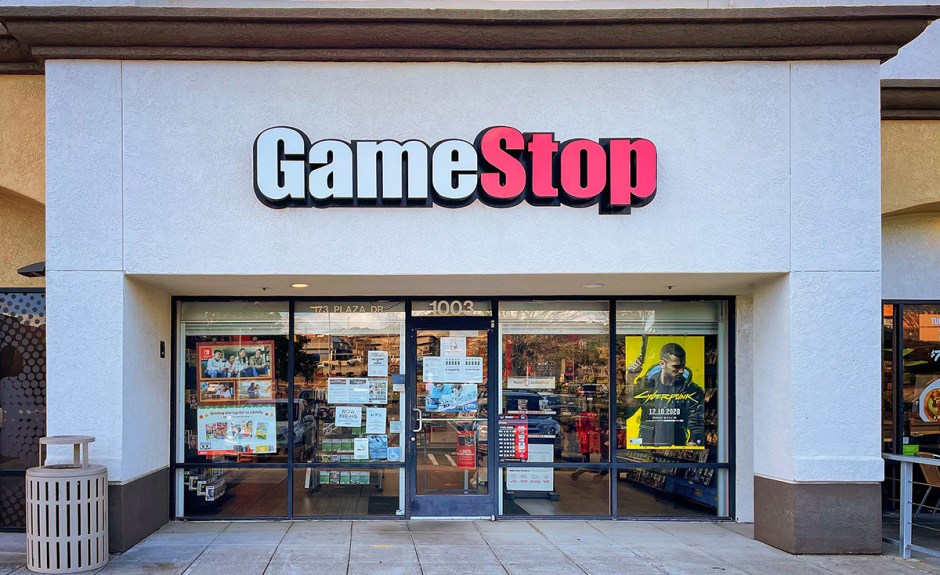
GameStop is set to release its quarterly earnings report on September 10, 2024, with analysts expecting a slight downturn in performance.
Revenue is projected to fall to $900 million from $1.16 billion year-over-year, with a net loss widening to $5.3 million.
Despite financial challenges, GameStop’s valuation metrics like the P/E and P/S ratios suggest investor optimism about future growth prospects.
GameStop Corp. (NYSE:GME) is gearing up to unveil its quarterly earnings report on Tuesday, September 10, 2024, after the market closes, drawing significant attention from investors and analysts alike. The company, known for its chain of video game, consumer electronics, and gaming merchandise retail stores, has been at the center of the financial market’s spotlight, especially after becoming a symbol of the meme stock phenomenon. Wall Street analysts have set the earnings per share (EPS) estimate at -$0.01, with revenue projections for the quarter at approximately $895.67 million. This report is particularly noteworthy as it follows a period of massive price fluctuations for GME, largely driven by the meme stock trend initiated by figures like Keith Gill.
Analysts are bracing for a downturn in GameStop’s performance compared to the second quarter of fiscal 2023, with expectations of lower revenue, a slightly larger net loss, and a significant drop in comparable store sales. The anticipated revenue is projected to fall to $900 million from the $1.16 billion reported in the same quarter the previous year, indicating a challenging period for the retailer. The net loss is expected to widen to $5.3 million, up from the $2.8 million loss recorded in the previous fiscal year’s second quarter. Furthermore, comparable store sales are forecasted to decline by about 23% compared to the same period last year, underscoring the hurdles GameStop faces in maintaining its sales momentum.
The financial metrics surrounding GameStop paint a complex picture of its valuation and financial health. With a price-to-earnings (P/E) ratio of approximately 275.06, GameStop’s stock appears highly valued in comparison to its earnings, suggesting investor optimism about its future growth prospects despite current challenges. The price-to-sales (P/S) ratio of about 1.94 indicates that investors are willing to pay nearly $1.94 for every dollar of GameStop’s sales, reflecting a belief in the company’s potential to rebound or grow its revenue streams. However, the enterprise value to operating cash flow (EV/OCF) ratio of approximately -43.30 raises concerns about the company’s cash flow in relation to its valuation, hinting at potential challenges in generating sufficient cash from its operations.
Despite these financial indicators, GameStop’s debt-to-equity (D/E) ratio of about 0.16 shows a moderate level of debt relative to equity, suggesting that the company is not overly leveraged and maintains a certain degree of financial stability. Additionally, the current ratio of approximately 2.22 indicates a healthy ability to cover its short-term liabilities with its short-term assets, providing some reassurance about its liquidity and short-term financial health. As GameStop prepares to release its quarterly earnings, investors and analysts will be keenly watching these financial metrics and performance indicators to gauge the company’s current state and future prospects in a rapidly evolving retail and gaming landscape.

